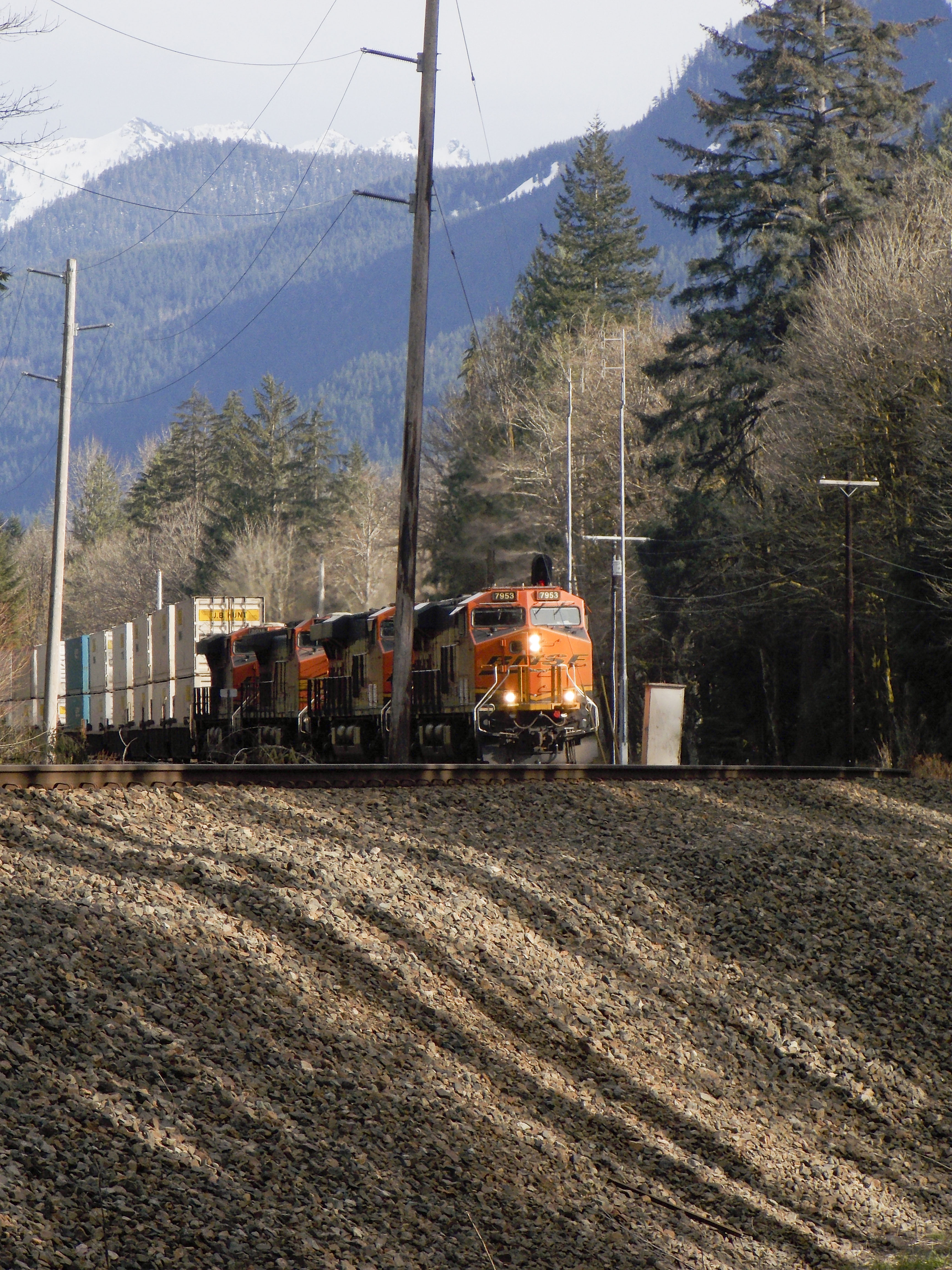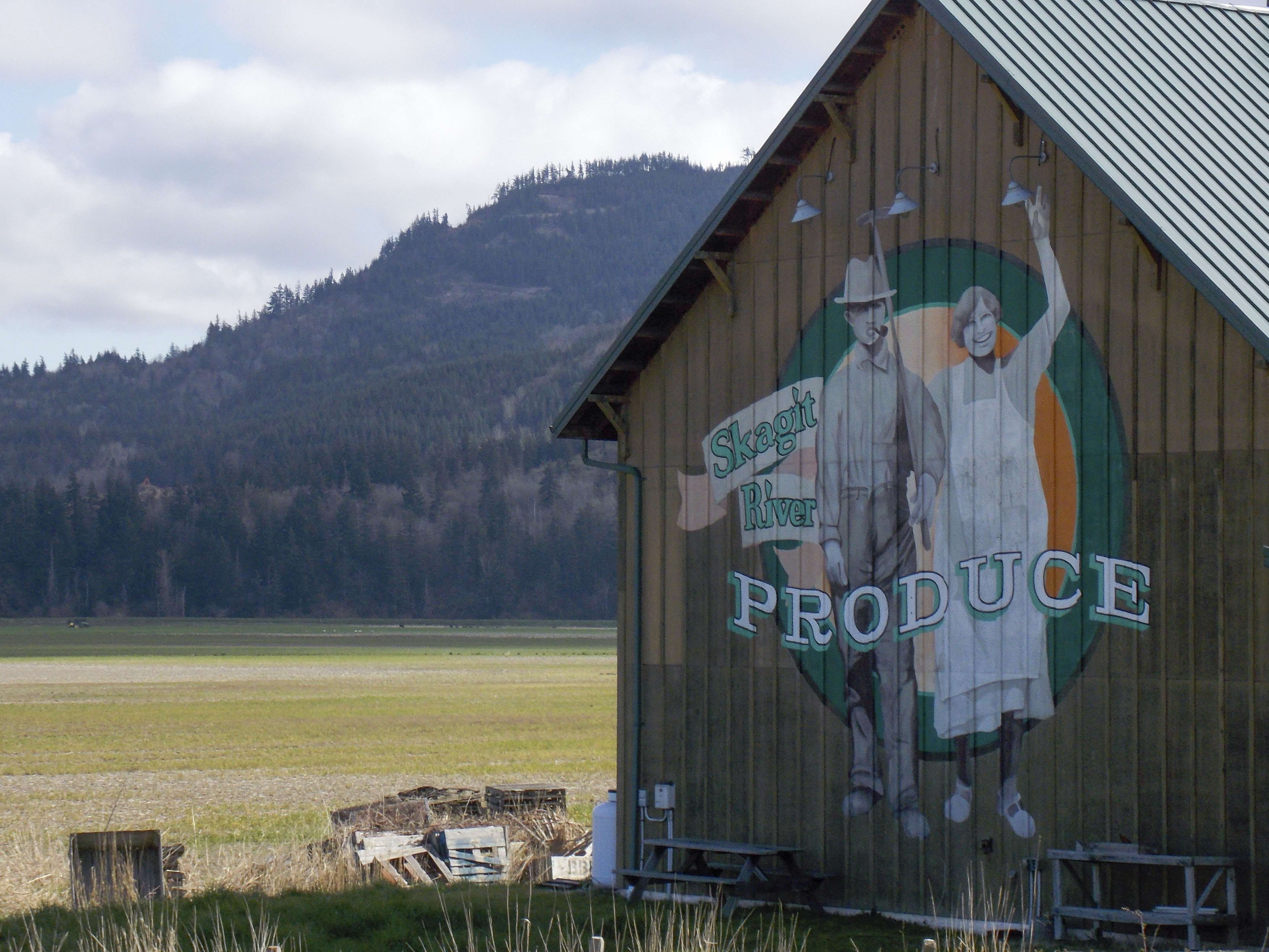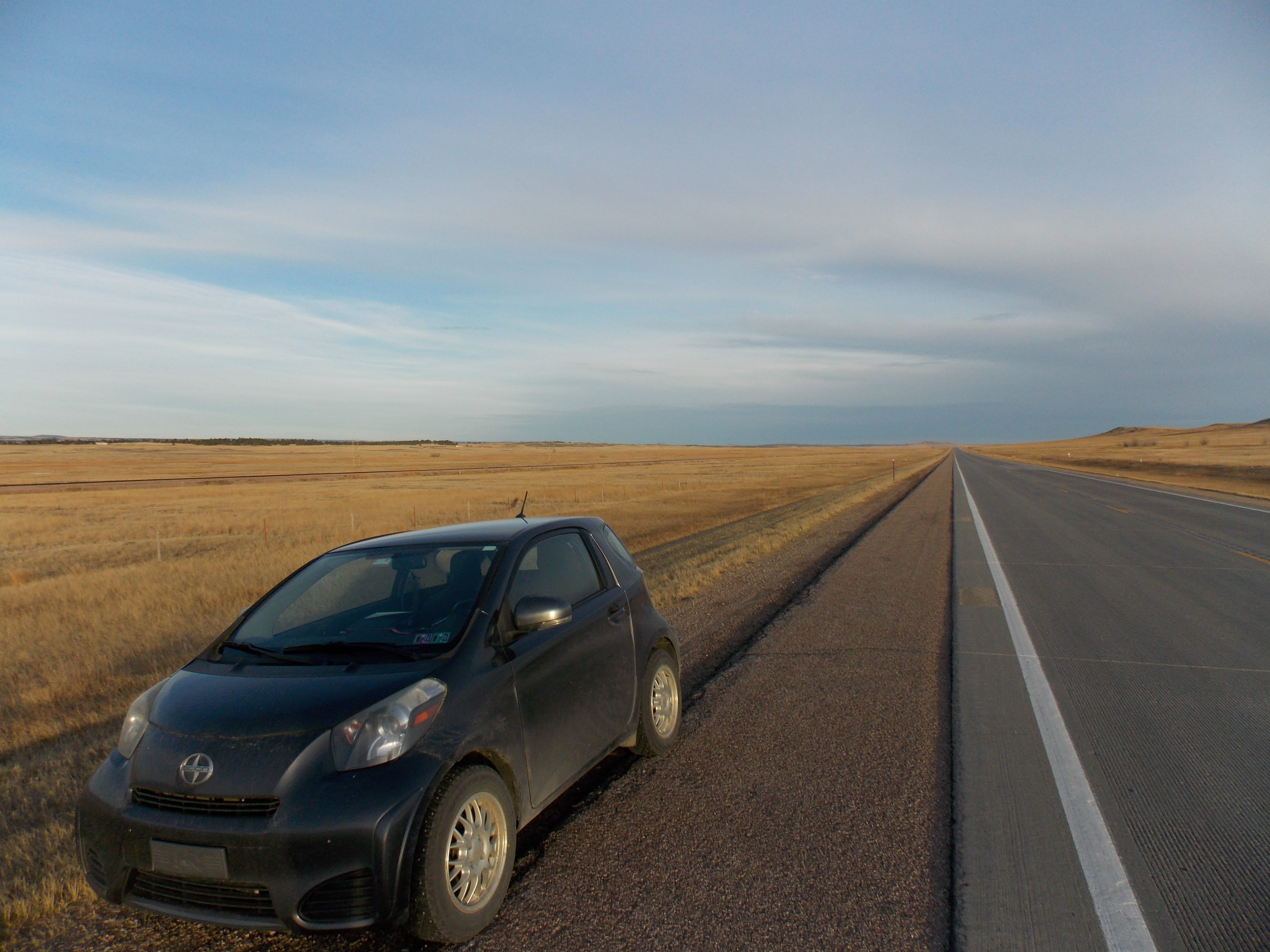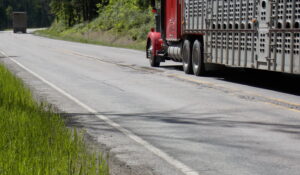I work humble, simple jobs back in Pittsburgh. I don’t own a lot of (actually, any) costly things and I rent an apartment that’s just big enough. And I do so with a smile on my face because I wasn’t forced into a meager existence—I chose this. The truth is that my existence is anything but meager by international standards and I could go on to make a pretty good case that I’m better off financially than the average American as well.
I’ve worked for a few years at the shared living space of some of Pittsburgh’s more affluent retirees. I do menial things there like run the old-fashioned elevator up and down, park their cars, and offer some modicum of security. Rarely, there have been days that approach hard work or difficult circumstances, but I have nothing to complain about—I’m here voluntarily. Years ago I looked at the pay rate, the length of the commute, and difficulty of the labor and decided that this works the best for me among my available options, which are diverse in this broad and dynamic economy. Should things ever become intolerable, I’m free to leave. Should I ever become intolerable, they’re free to make me leave.
The surplus above and beyond my living expenses has primarily bankrolled The Long March of Liberty. I didn’t know what I was saving for when I grew my account balance, but the money was there when I needed it, such as a time of existential crisis for American liberty. And the good people at my place of employment exercised no discretion over how I allocated my savings. The money in my account was my earnings to use as I saw fit.
We take these simple ideas for granted as though that’s always how it has been and always will be, forgetting that these are the gifts of capitalism and a free marketplace, very new notions across the span of human history.
I’m one of the fortunate few humans across time and space who enjoys the liberties entailed by a capitalistic economy. Everything I do financially and, one might argue, do more broadly, transpires within this matrix. I write articles and editors decide whether my ideas further the goals of their publications and whether my offering was rendered effectively. Was it good enough to send me a check? That’s for them to decide. Their magazine will bring their organization thousands of dollars every time it’s printed while I’ll get maybe a couple hundred dollars. But their income isn’t for me to worry about. I can consider whether the two hundred dollar check was worth the effort, along with a variety of other considerations. But in the end, both parties benefit, financially and otherwise. If this were not so, no submissions would be accepted or I would spend my time in more productive ways. It’s self-regulating.
From another perspective, capitalism promises me nothing in return for my investment—only the freedom to take risk if my knowledge, intuition, and unique goals convince me there’s a risk worth taking. But the point is that no one else is going to make that decision for me regarding my money, my time, or my person. I can succeed or fail; life goes on for those not invested in my scheme. The prospective harm is limited, the prospective gains are limited, the liability is limited.
Here’s another interesting example of how capitalism has allowed me to do this mission in particular. I left for the west with no guarantee that I’d be able to sell my car or get anything reasonable for it. It’s a unique tiny vehicle—kind of old with record-high mileage. The new online car vendors had offered me a fair price, but their technicalities hadn’t worked for my situation. I seemed doomed to basically give it away to a car dealer who would have been predictably less generous.
But when I got to the west coast, cleaned the car up a bit, and took it to a dealership, I was immediately offered double the best online offer. They almost instantly consulted the local market for my rare car and found that these cars sell quickly and for much more than anyone might guess. I think that young west coast car show enthusiast types have started snatching up the remaining Scion iQs, which were only manufactured and available in the U.S. for a couple of years. They then do things to them involving torches, rims, airbrushes, and nitrous oxide. I can only imagine what my car will look like a year from now.
The point is that this is not really an exceptional kind of circumstance in a capitalistic economy. Some see value where others don’t, concurrent with their own unique values, ideas, and timing. This is how the price mechanism works, again automatically, to decide how much I will receive in the end for a car that I own. Conversely, in a centrally planned economy, the Bureau of Fairness in Transactions would mandate the right price like an equitable Kelly’s Blue Book that takes in the economic need and life’s hardships of the Hispanic youth buying my car, the proper markup rate for the dealership, and my own hardship and worthiness as they strive to place a dollar value on “fair.” Yet, lovers of bureaucracy even here in our own country strive for exactly this Leviathan sociological computer, trusting that with enough math, ostensibly applied with disinterest, an office of the state can produce fair financial outcomes. But maybe you’ve heard of Sarbanes-Oxley or Dodd-Frank.
In the end, a few weeks ago, with no central direction, a car dealer benefited by gaining a vehicle he was about to sell for three times acquisition, a young car enthusiast somewhere benefited through the opportunity to “mod” a rare vehicle, and I benefited by putting twice as much cash in the bank as expected and getting underway on a walk I didn’t want to delay.
Among the greatest strengths of our free economy is its automation. I like to say that its greatest strength is that it doesn’t require good or wise overseers. In more authoritarian systems, one normally hopes to be on good terms with local bureaucrats before attempting any kind of serious financial transaction. Bribes are a way of life, but the point is you’re forced to seek the approval of authority figures, making your case or buying them off. In a free market, it’s understood that unique individuals are pursuing unique and often highly speculative goals; things that would be frowned upon if countenanced by a magistrate. If nothing else, the speed at which our economy transacts, learns, and evolves would be impaired by the need to seek approval or permitting for every innovation.
Sadly though, this is the direction of our economic and regulatory evolution. The French have been calling it “dirigisme” for eighty years or so: central planning and central oversight to optimize the economy.
What’s lost in the computation is the outlier, the non-conformist, the drivers of change, drivers of the traditional U.S. economy. These are the Thomas Edisons, Henry Fords, and Elon Musks, the people who see potential others don’t and find ways to achieve it. It’s a minority we see the ACLU doing nothing to protect. They’re compensated in proportion to their contribution to other people’s lives, not by a Bureau of Fairness, but by the organic built-in processes of a marketplace too sophisticated and nuanced for the most hubristic of government technocrats to replace.
Moving on, I can march my way across this nation in the confidence that needed resources will be available frequently enough to meet my needs. And it’s not because a department of the government mandated that there be libraries and gas stations and laundries and electrical outlets just often enough to accommodate all trans-continental hikers; it’s because Americans have been free for a very long time to look around, assess local needs, and find opportunity for themselves in that need. How else do gas stations happen? It’s simply not the government’s place in a free economy to assess needs and mandate solutions—this prerogative rests in millions of private hands.
Daily, I enjoy the innovations given me by the free market, but never more so than while out on the long trail where every tiny luxury is precious. The most obvious realm of hiking innovation is probably weight, a realm wherein we can see steady decline over the last 100 years. I always seem to end up with two to three times the pack weight of a normal hiker anyway, but it’s only because lighter gear allows me to pack more gear. Anyway, no edict such as the “Order to Reduce Pack Weight Through Materials Modernization” was ever issued. It would have been redundant. Smart, innovative, and industrious people were already on it because they saw that folks would pay quite a bit more for titanium stoves that weighed half as much as earlier generation stoves or that the two implements, fork and spoon, could be fused, after much research and development, into a single pointy/rounded implement and described with the no-less-ingenious portmanteau, “spork.” Carry half the weight, eat ramen noodles, and stir your coffee. Capitalism at work for the good of humanity.
Whatever my own situation happens to be though, I always believe that one of the best cases to be made for capitalism comes in the realm of charity; that’s right—altruism (sorry, objectivists). In modernity, governments seek to take on the role of grand centralized altruists, pooling “excessive” earnings to, in a thousand ways, aid the less fortunate. Politicians have been buying votes this way for quite some time; learn about the successive donatives to the families of the Roman legions prior to 400 AD if you’ve got time.
I think that government redistribution tends to kill true altruism simply by asserting that goodwill gifts are best handled by government and by seizing wealth that might have been charitably donated. “Might have been” is too uncertain a phrase, though. Prior to the various progressive stimuli of the 1930s, the New Deal and Great Society, it’s a matter of record that Americans helped their fellow Americans in need, often through civic and faith-based organizations that largely withered alongside the rise of the welfare state. It’s also a matter of record that Americans generally give more to domestic and international charities than citizens of other nations, almost as though it’s the wealthy who lead in charitable giving, not the poor. The state fails time and again to realize that you can’t further the cause of justice by first seizing wealth you have no claim to and that you can’t redistribute prosperity.
The Long March of Liberty seeks to remind of injustice wrought by headstrong government appointees playing God within realms they can’t understand the hundredth part of and simply intruding like so many coin-seeking vagrants on private property. Ever envious, they scheme in the knowledge that capitalism, a simple non-sentient idea, has already bested their honor-roll brainchildren.








I read these short articles with relish, the kind with pickle and little red bits,
This would be a great op-ed for the Epoch Times